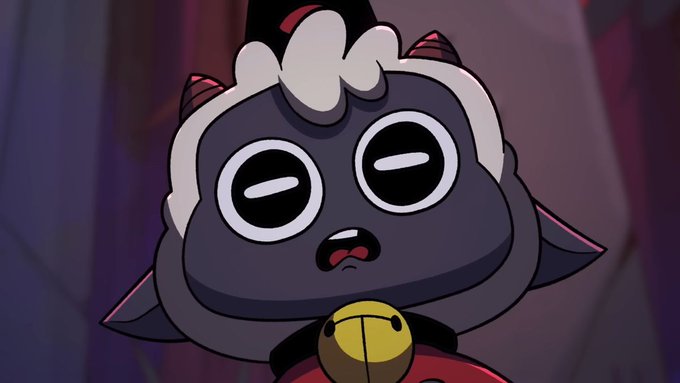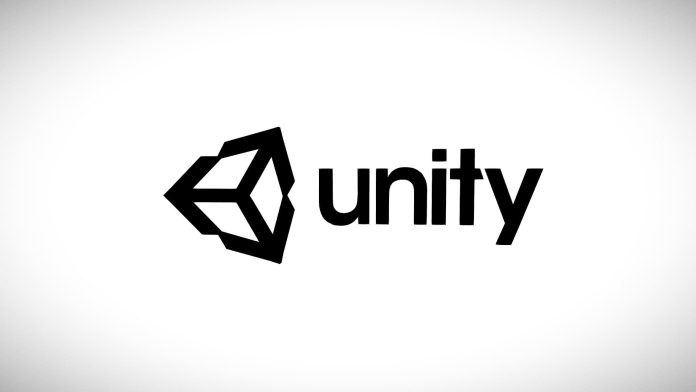Developer or not, you should be paying strong attention to the latest development regarding the Unity engine as it may have implications across the industry.
The internet recently exploded when Unity decided to implement some extremely absurd, not so hidden, fees for developers to pad the pockets of the ex-EA CEO. You may know John Riccitiello already thanks to his infamous decisions while serving as EA’s CEO. He added loot boxes to FIFA, brought in in-game ads to all sports titles, charged people 10 dollars for online access to games, and watched major franchises such as Mass Effect and Dragon Age crumble. Let’s not forget when he ‘mistakenly’ called developers the “biggest fucking idiots” for sticking to old school ways of developing.
The best quote I found from him was tossing around the idea of charging people a dollar to reload their guns in Battlefield because “players would be too committed at that point.”
That last concept is how he seems to be running Unity as of late with poor decision after poor decision, but developers (especially indie developers) rely so heavily on the engine that they suffer the consequences.
You need to look at how Unity originally opened doors for many of the games we love today. Cult Of The Lamb, Cuphead, Pokemon Go, Rust, Hollow Knight, Genshin Impact, and my new personal favorite Death’s Door, among countless others. These games all exist because Unity, and Unreal Engine, broke the trend of withholding game engines behind corporate offices of major studios. Before these engines you had to really know code well because you were designing a game from absolute scratch. Game developers were so secretive with their own engines that even team members within the development teams didn’t have full access to them.
Then Unreal Engine and Unity broke the tired trend and made game engines more accessible, which led to developers actually sharing their assets and supporting one another. It’s become normal for major companies to even ditch their own proprietary engines in favor of these two.
But then Unity decided to self-destruct in the wake of Unreal Engine becoming a true competitor. First you had the new CEO talk about monetization being the key to success, the quote above came to light. This was the same time Unity decided to merge with a well known malware company. Plus Unity has been mostly ignoring developer requests to remain competitive with Unreal as the app currently has several bugs, including a startup bug that causes the engine to crash, and has even canceled projects to assist in developing titles. Instead Unity has targeted advertising in games, a John Riccitiello specialty, and has struggled to enter new industries, such as film, like Unreal Engine 5 has. EA is still climbing out of the hole John put them in, is Unity strong enough to do the same?
Then came the biggest controversy of them all.

Under new guidelines any game developer that meets certain thresholds will have to pay additional fees ranging from .20 cents (per install) on top of their subscription fees. The threshold for the two lower tiers of Unity is 200k users and $200k dollars in the previous year. (by comparison, Unreal Engine is entirely free to use up to $1 Million dollars, and after that point only charges a 5% royalty)
That may seem like a lot, but any developer who gains any traction will find that success rather easily with storefronts. Unity has backtracked on many of their statements already, including the rephrasing installs as “new installs” only, whereas it originally stated all installs. This, however, still includes users installing games on “new devices.” So anyone who picks up a new PlayStation or Steamdeck and reinstalls a game costs the developer money. Unity also claims their anti-pirating software will not include pirated games against developers, but also claims developers should “reach out” if they are tracking any issues.
What is unclear is how GamePass and PS Plus (or other services offering free games) come into play. Unity updated their terms to state “developers are not on the hook for GamePass” but who exactly is, and how do you separate the groups? For numbers sake, GamePass has over 25 million subscribers. If every member decided to try out a game, who is on the hook for the over 6 million dollar fee Unity would charge? Is Sony, Microsoft, EA, Ubisoft all going to be paying this fee? No, but I know who will…The users.
The new pricing structure was so hyped up by decision makers that their own boss sold a good chunk of shares just days before announcing it. It might have been a normal sell through (and I don’t want to anger another clueless rich dude), but the timing is incredible! )
More importantly for developers, and gamers, is the idea this is just the first step. There is no guarantee the cost will end at 20 cents, it could very easily rise any time Unity needs to inflate their stock price, which is what they are doing now. So it could easily become 50 cents, or a dollar. Who knows with corporations these days. We can’t even get an affordable streaming service anymore, so milking money is what they do best. (again by comparison, Unreal Engine only holds you to the agreement signed, not the newest updates, seen below).

But the idea of holding developers hostage to these new changes is rather absurd in a business sense. They can walk back their actions all they want, but until they have a similar deal as Unreal where developers only have to worry about the current state of Unity, it’s a bit scary to imagine what could be thrown at you mid dev cycle. Imagine 4 years into developing your game on Unity, and the price increases you out of the market…It’s time to switch.















